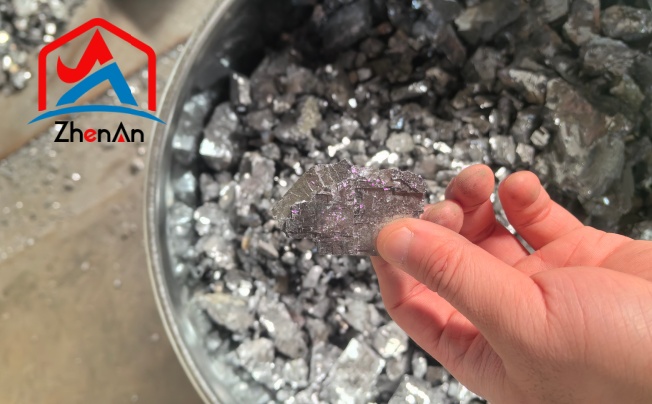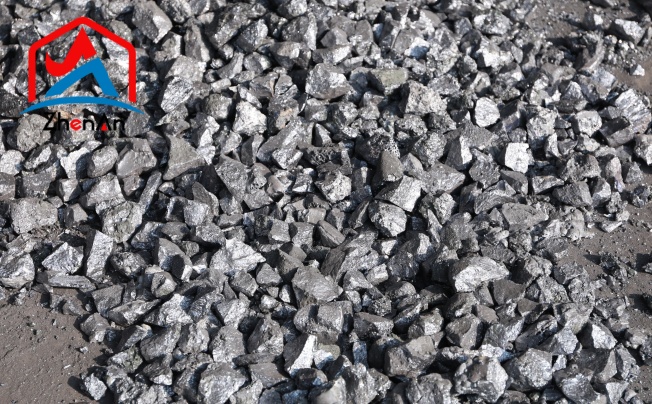Silicone, a remarkable compound known for its unique properties, has become indispensable in a plethora of industries due to its versatility and exceptional performance characteristics.
The Versatility of Silicone Across Major Industries
- 1. Automotive Industry
The automotive industry heavily relies on silicone for its remarkable properties that ensure optimal performance and longevity of various components. Silicone is widely used in automotive sealants, gaskets, and hoses due to its exceptional resistance to high temperatures and durability.
Its ability to withstand extreme heat without losing its structural integrity makes it an ideal choice for engine gaskets and seals, preventing leakage of fluids or gases under demanding operating conditions. Furthermore, silicone's elasticity and flexibility enable it to effectively seal joints, preventing water or air infiltration in critical areas such as doors and windows.
This enhances the vehicle's overall energy efficiency by reducing wind noise and eliminating potential water leaks during heavy rain or car washes. Additionally, silicone-based materials exhibit excellent UV resistance, ensuring prolonged durability even under intense sunlight exposure.
- 2. Electronics Industry
In the electronics industry, silicone plays a vital role in ensuring the reliability and safety of electronic devices. It is extensively used as a key material in electronic components such as seals and adhesives due to its unique properties.
Silicone's ability to provide electrical insulation makes it an ideal candidate for sealing sensitive electronic parts from moisture, dust, or other contaminants that may compromise their functionality. Moreover, silicone offers superb protection against high temperatures encountered during electronic operations.
It acts as a reliable thermal interface material between heat-generating components like microprocessors or power modules and their respective cooling systems. This ensures efficient heat dissipation while preventing overheating-induced failures.
- 3. Medical Industry
The medical industry has embraced silicone for its incredible versatility in creating life-changing medical devices. From implants to tubing and prosthetics, silicone has revolutionized patient care across numerous disciplines. One significant advantage lies in the biocompatibility of medical-grade silicone – it exhibits minimal reactivity with human tissues while maintaining excellent mechanical properties.
Silicone's softness and pliability make it an excellent choice for implantable devices such as breast implants or joint replacements since it closely mimics natural tissue characteristics while providing long-term durability. Moreover, this remarkable material can withstand repeated sterilization processes without compromising its integrity or impacting patient safety.
- Construction Industry
In the construction industry, the waterproofing properties of silicone sealants are highly valued for their ability to protect buildings from moisture intrusion. These sealants are extensively used around windows, doors, expansion joints, roofs, and other vulnerable areas where water infiltration can cause significant damage over time. Additionally,
silicone-based coatings are employed for weatherproofing building exteriors by forming a protective barrier against harsh environmental conditions like rainwater seepage or UV radiation exposure. These coatings provide excellent insulation properties that contribute towards improving energy efficiency within structures by reducing heat transfer through walls.
Furthermore, the elasticity of silicones allows them to accommodate structural movements caused by temperature variations without cracking or losing adhesion.
The easy application methods also make silicones a popular choice among contractors seeking durable solutions for construction projects. By being integral components within these major industries, silicones continue shaping innovation and improving performance across multiple sectors.
- Aerospace Industry
Silicone's Essential Role in Aerospace Applications
In the dynamic realm of aerospace engineering, silicone emerges as a pivotal material for various critical applications. From gaskets and O-rings to lubricants and adhesives, silicone plays an indispensable role in ensuring the integrity and reliability of aerospace components. The exceptional resilience of silicone to extreme conditions, including high temperatures, pressure differentials, and vibration, makes it a preferred choice for sealing solutions in aircraft engines, hydraulic systems, and avionics.
- Cosmetics Industry
Silicones bring forth revolutionary benefits to beauty products by imparting long-lasting wear without clogging pores or causing breakouts. In hair care products like serums and styling creams, silicones form a protective barrier around each strand that locks in moisture while repelling humidity-induced frizz. Moreover, their water-resistant properties make them ideal ingredients for sweat-proof makeup formulations that withstand heat, humidity, or tears – ensuring beauty that lasts through any situation.
- Textile Industry
Silicone finishing agents hold a pivotal role within the textile industry by revolutionizing fabric treatments aimed at enhancing tactile comfort while improving aesthetic appeal. These agents bond effectively with fibers at molecular levels imparting them softness unparalleled before. Furthermore, the wrinkle-resistance ability provided ensures garments maintain a neat appearance throughout wear.
From luxurious beddings, robust workwear brands are embracing this technology yielding garments with lasting quality comfort.
Lesser-Known Applications of Silicone
Food Industry
Silicone, with its versatile properties, has found its way into the food industry as well. While it may not be the first material that comes to mind when thinking about food, silicone plays a crucial role in various applications.
One significant use of silicone is in food-grade molds and baking utensils. These molds provide excellent flexibility and non-stick properties, making them ideal for creating intricately designed cakes, chocolates, and other confectioneries.
Silicone baking mats have also gained popularity as a reusable alternative to parchment paper, ensuring even heat distribution while preventing sticking. In addition to molds and baking utensils, silicone is extensively used in food packaging.
Silicone-based sealants are employed to create airtight seals for jars and cans, preserving the freshness of food products for extended periods. Moreover, silicone coatings are applied to paper or cardboard packaging materials to enhance their moisture resistance and prevent grease or oil penetration.
Silicone's inert nature makes it safe for direct contact with food since it does not leach harmful chemicals into edibles. Its stability under high temperatures allows it to withstand the rigorous demands of cooking processes without degradation or release of toxins.






